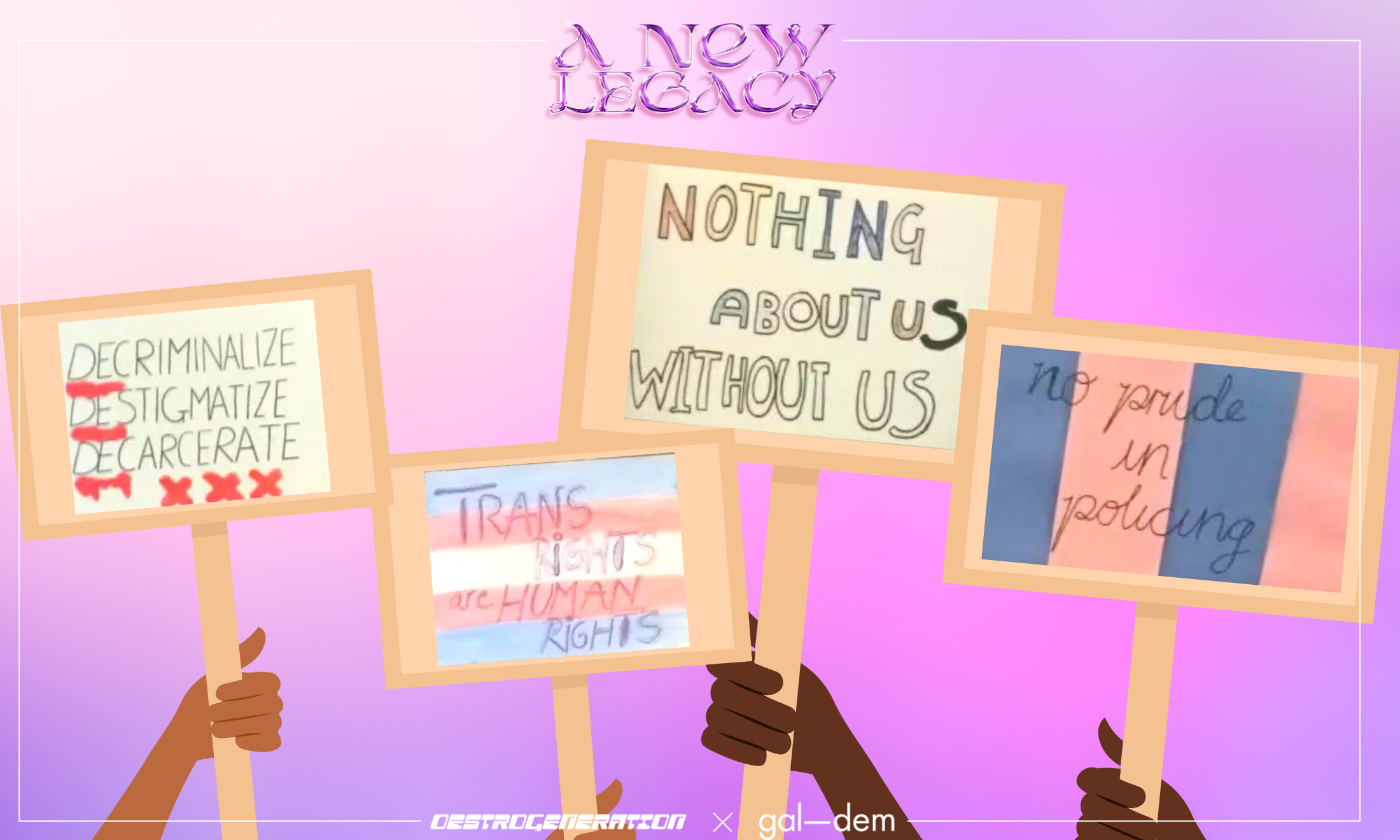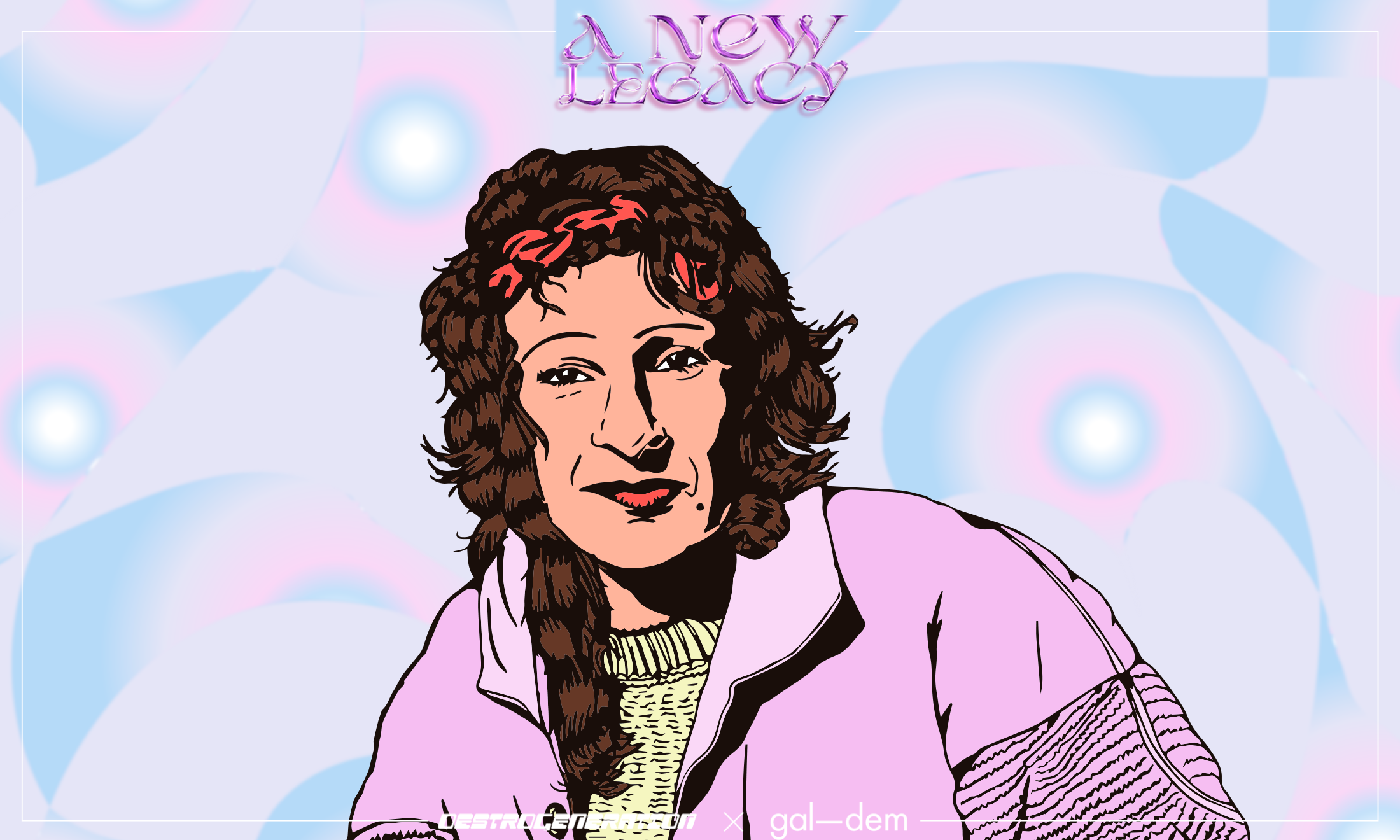
“All organising is science fiction,” writes Walidah Imarisha, the co-editor of the science fiction and social justice anthology Octavia’s Brood. “We are bending the future, together, into something we have never experienced.”
Now more than ever, that future – “a world where everyone experiences abundance, access, pleasure, human rights, dignity, freedom, transformative justice, peace,”- seems like a distant vision. Community organisers and activists, responding to a visible growth in oppressive, right-wing sentiments across the world, face an uphill battle – but the tools that they can use are growing day by day.
Case in point: an app called Appolition (which is currently still only available to card-owners in the US) links to your online banking, and rounds up to the nearest dollar from all your purchases, pooling that spare change to donate to bail funds. Engineer Kortney Ziegler highlighted how inspired he was by the work done by community fundraising for bail. Ziegler also created TRANS*H4CK, a platform that empowers trans, gender non-conforming, agender and non-binary people to develop open source tech services that promote gender safety and financial sustainability.
The bulk of technology concentrates capital in the hands of straight, wealthy white men in the global North
Emerging technologies have woven themselves into the fabric of everyday life, before we realised that the growth of big data could change society. For all its faults, digital technology has been transformative in terms of how we conceptualise both the world and its limitations. But the bulk of technology, particularly the lucrative, successful kind created by companies like Facebook and Twitter, concentrates cultural and socio-political capital in the hands of straight, wealthy white men in the global North.
Concepts like Appolition, explicitly grounded in aiming to correct socio-economic injustices, are exceptions rather than the norm. Even so, digital technology can be a radical tool to reconceptualise the world – it can build solidarity across borders, be a healing space for marginalised communities and can develop ideas that slacktivism can’t.
Transformative aims such as ending mass incarceration and racial inequality might not seem like the obvious partners of technological advancement. But digital technology – from smartphones and social media, to more pervasive and arguably insidious monitoring techniques like mass data mining and geolocation services – is now ubiquitous.
Fundamentally, tech has a diversity problem
Although modern technology (particularly involving computers) was built off the back of one woman – Ada Lovelace, who created the first algorithm – it remains a pale, male and stale industry. Fundamentally, tech has a diversity problem. A lack of regulation coupled with reliance on free market mechanisms has already led to the excesses of tech-capitalism gone amok, as exemplified by recent scandals at Uber and Google, to say the least. Part of counteracting this requires the creation of a more inclusive industry.
Ensuring that there are more mentorship schemes and kinds of financial support in order to encourage diversity in STEM fields at all levels is the obvious move. The internet that we know and love was developed by the Defence Advanced Research Projects Agency (DARPA), an arm of the US military focused on cutting-edge technology, and many feminists have long since avoided the internet because of its associations with mass surveillance and suffering that the military-industrial complex has wreaked. Even now, the internet is another monitoring method for the powerful – to the point where privacy in an increasingly digitised world seems like an impossibility.
It’s worth taking concerns about biased algorithms – which reflect the worst impulses across our communities – seriously
On another level, as artificial intelligence begins its slow, insidious creep into the fabric of society, it’s worth taking concerns about biased algorithms – which reflect the worst impulses across our communities – seriously. Examples of false associations drawn from big data are numerous – a study in Science journal a year ago using a word-embedding software highlighted that names of African origin were more closely associated with unpleasant words, while European names were associated with the opposite. The US based collective Algorithmic Justice League works across various fields to raise awareness of “the coded gaze” – i.e. when inequality is exacerbated by the growth of big data that reflects the same biases as its human creators.
But there’s only so much that can be done without taking a long, hard look at the state of the industry – and all of its components – and confronting uncomfortable questions.
How can calls for radical redistribution of wealth and the building of social housing sit comfortably on platforms that don’t pay their taxes or ban people for speaking out against fascists?
There are difficult questions to address about how we, as a society, interact with technology and what it can do for us in our quest to end systems of oppression and redistribute wealth as we strive for economic and environmental justice. And each of them must be reckoned with in order to bring about a future that is progressive. We need technology to actively embody these ideals – inclusive data-sets, active recognition of algorithmic biases, minorities making decisions and innovating – in order to make visions of a better society turn into more than just a fantasy.

Britain’s policing was built on racism. Abolition is unavoidable

How Pakistan’s Khwaja Sira and transgender communities are fearing and fighting for their futures

Their anti-rape performance went viral globally. Now what?






